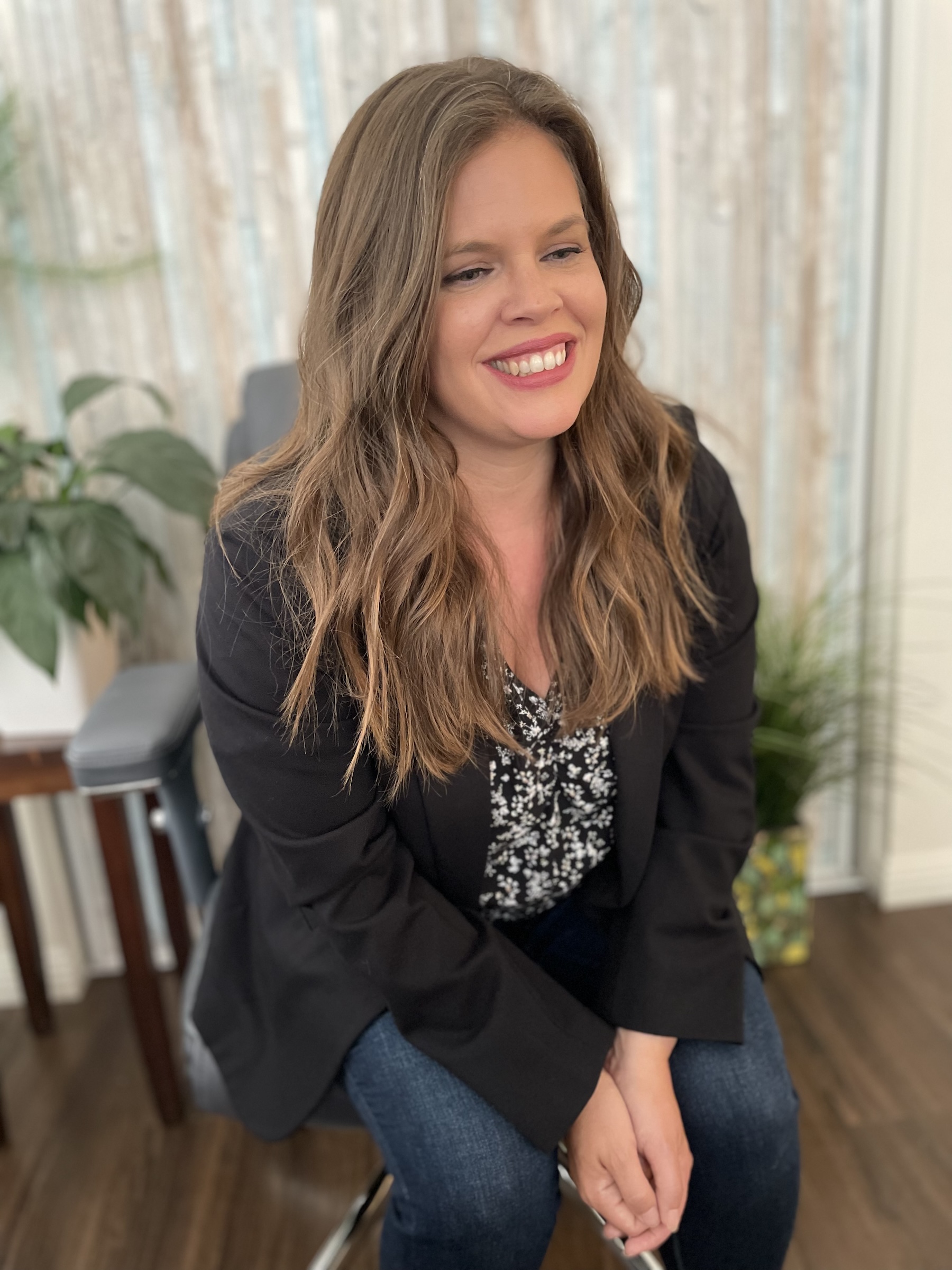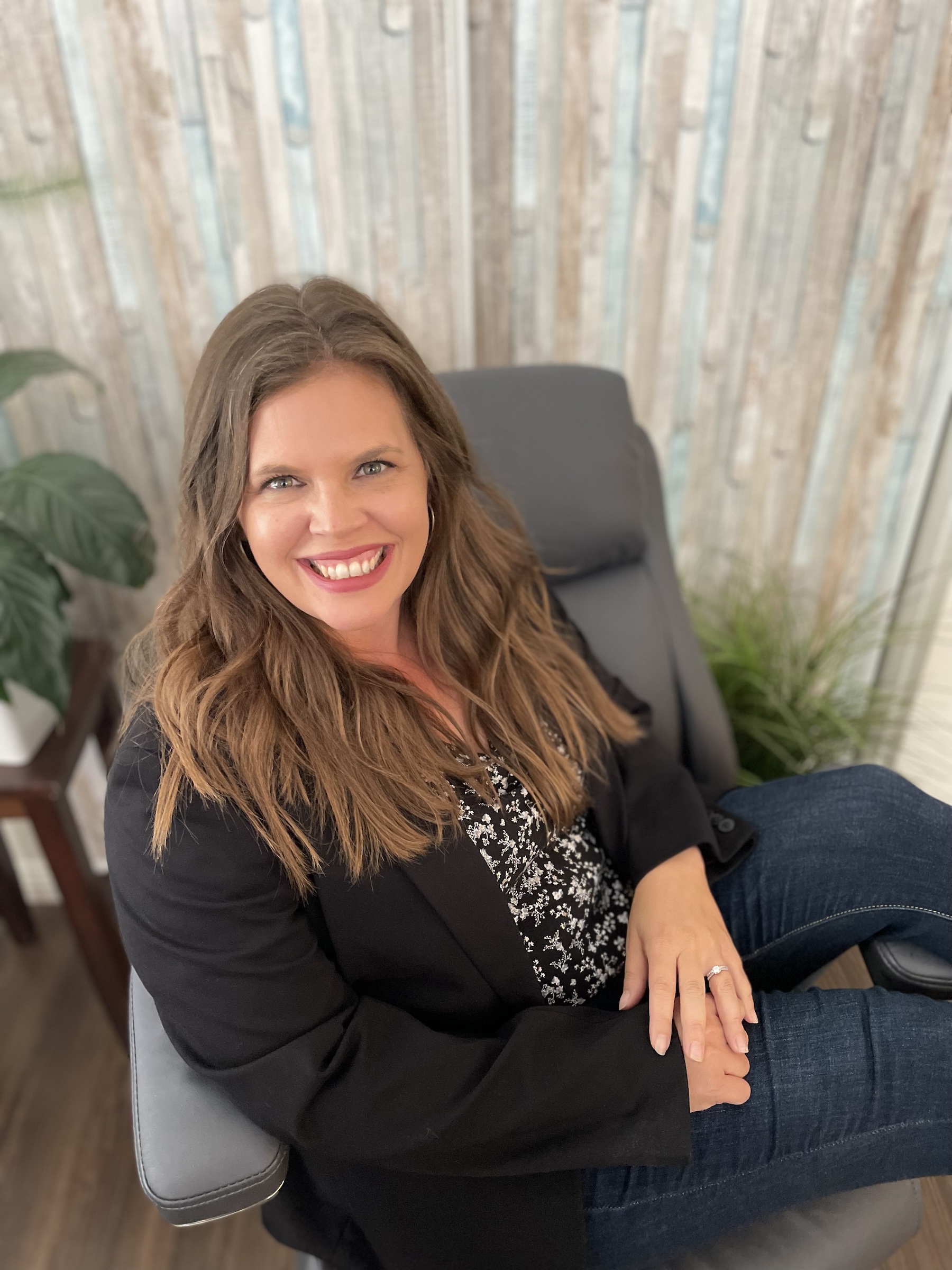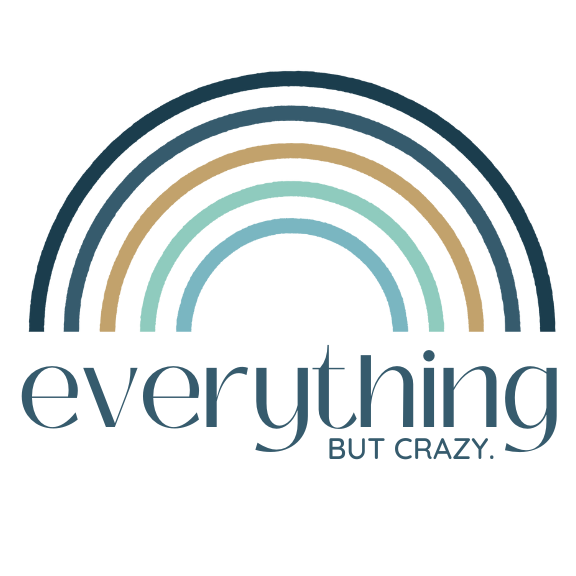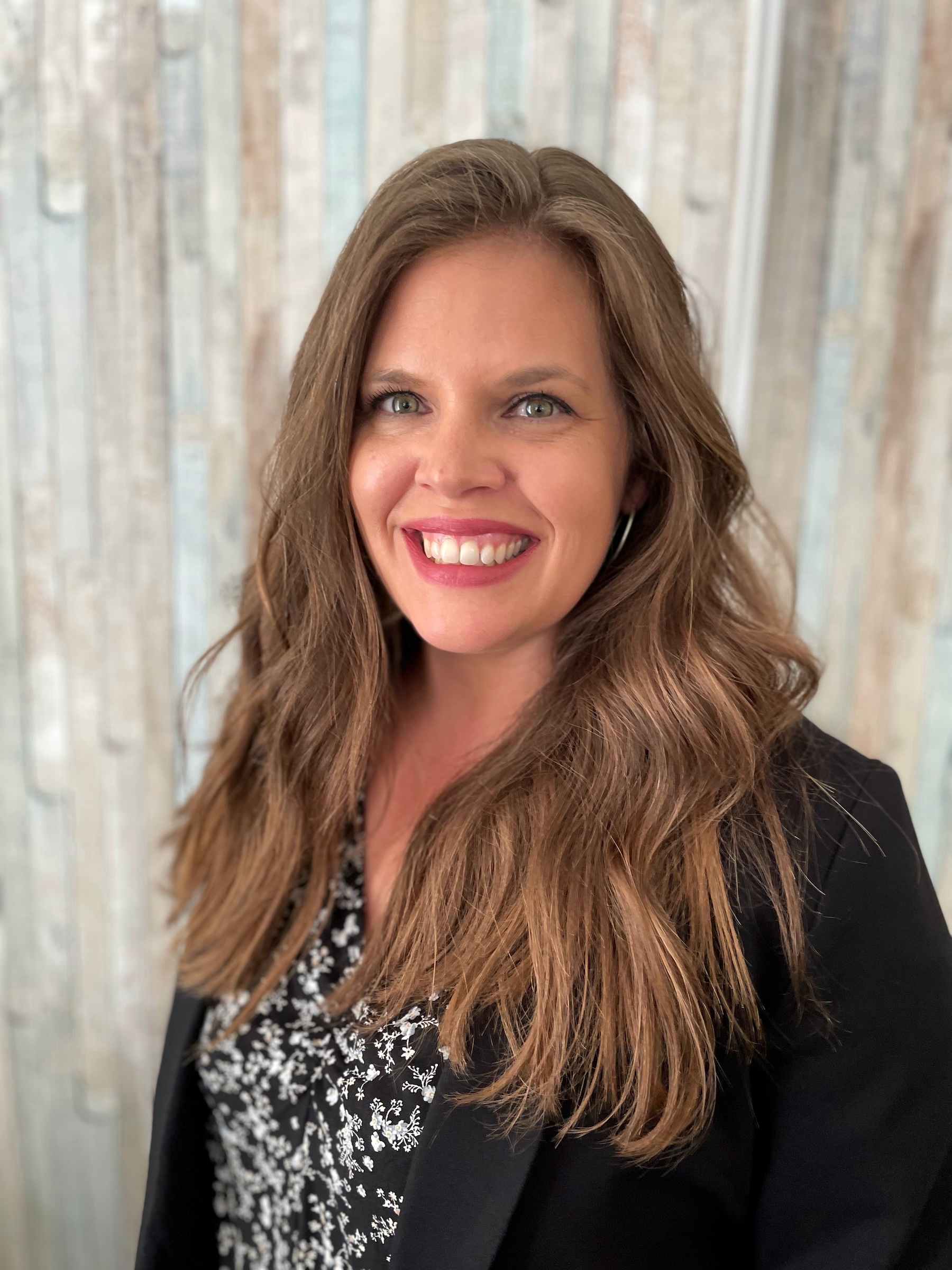
The privilege of a lifetime is to become who you truly are.
–Carl Jung
There’s always a moment, in my work with my therapy clients, when they share something particularly vulnerable about themselves. I see the expectation of my judgment; the automatic assumption that I’m going to side with their inner bully. They seem to be bracing for impact. And when the insults don’t come, when they are instead met with kindness, validation, and empathy – well, that’s when the magic happens.
There’s a long pause. They often close their eyes, giving themselves a moment to adjust to this new lens for viewing themself. I see tears roll down their cheeks, the release of a heavy burden they’ve been lugging around with them. And this new realization arises: Maybe I could do this differently. Maybe I could actually heal.
This is my hope for you.
emotional healing starts here
Hi there.
I’m Dr. Dana Basu, licensed clinical psychologist and founder of Everything But Crazy. Despite working with a wide range of people throughout my career, my heart was always pulled to those trying to do life despite their pervasive sense of inadequacy. The person I saw in front of me was not the same person they saw in the mirror. Their version was covered in shame and guilt and hatred, but I saw…
a person hurting
someone who was taught to see themselves as flawed (but was far from it)
a person who hadn’t had their emotional needs met
a person who had more strength, grit, and resilience than most
My job was to help them see what I saw.

Emotional Healing: The CARE MAP Approach
So how exactly do I help people overcome feelings of shame, fear, and self-loathing? Healing from emotional wounds isn’t as easy as figuring out the root of the problem and tending to a specific incident. Unfortunately, this kind of healing is more complicated than that. This is due to three main reasons:
Emotional wounds tend to arise from a series of many moments across many years (if not decades), making it impossible to pinpoint one moment in time that caused the wound.
Emotional wounds, though not always, are often due to the absence of adequate care as opposed to the addition of harm. It is much harder to name what didn’t happen and recognize it as harmful.
Because our self-esteem is derived from our earliest relationships, emotional wounds that occur when we are young can lead to profound feelings of shame, guilt, and self-loathing.
The CARE MAP is my signature approach to helping people overcome the barriers to emotional healing. The steps involved include:

Consider Change
Change doesn’t happen without intent; it is a choice. When we acknowledge that change isn’t required, we give ourselves permission to say no as well as an opportunity to say yes. This choice is the foundation of all that comes next.

Ask Why
Humans aren’t born feeling ashamed and flawed, so where does this come from? To get ourselves out of self-blame, we can explore experiences that may have contributed to these feelings and build compassion for ourselves.

Reconnect Internally
When shame and fear abound, we can start to tune out our internal experience and focus more on pleasing the outside world. By learning to refocus inward, we connect back to the thoughts, feelings, and intuition that comprise our inner wisdom.

Expand Distress Tolerance
When we stop attuning to our emotions, we miss out on a lifetime of practice in tolerating uncomfortable emotions. Through learning and implementing coping skills in response to difficult emotions, we can gradually allow space for our emotions without feeling controlled by them.

Modify Unhelpful Patterns
Shame and fear can lead us to engage in many self-defeating thoughts and relational patterns, often without being conscious of it. By stepping back, we can better examine what works for us and modify what doesn’t.

Accept Mistakes
People with deep emotional wounds have a tendency towards perfectionism, but here, accepting mistakes is part of the plan! Learning to respond to our mistakes with kindness and compassion is an integral step towards change.

Practice, Practice, Practice
Most emotional wounds are developed over years (if not decades), and the path to create change is a labor of love that requires practice over and over again. But through repetition there is reward.
My Emotional
Healing Story
As a highly sensitive person, I came into this world a bit different. I felt everything deeply while being surrounded by a family and a small, rural community that prided itself on having thick skin. This contrast created a lot of shame, and I spent decades wishing I could just be like everyone else.
Through my own healing journey, I have come to see my sensitive side as my superpower (and this has really come in handy as I raise another generation of sweet, sensitive souls).
In my work as a therapist, I’ve encountered so many like-minded others, and have had the privilege of helping them to shift the lens from which they see themselves. This is no blink-of-an-eye kind of change, but it is wonderous all the same as I see their new relationships with themselves unfold in front of me.
I have brought this same passion into Everything But Crazy. My hope is to help you reconnect with YOU and let go of all the other burdens that aren’t serving you.

Dr. Dana Basu: At A Glance
I’m a proud mama, cross-cultural wife, deep thinker, travel seeker, and compassionate human. I love reading and all things creative. When I enjoy something, I tend to go “all in.” I prefer bargain over brand, am challenged with hand-eye coordination, and I need to see something before I can understand it. I communicate with my face and wear my heart on my sleeve.


